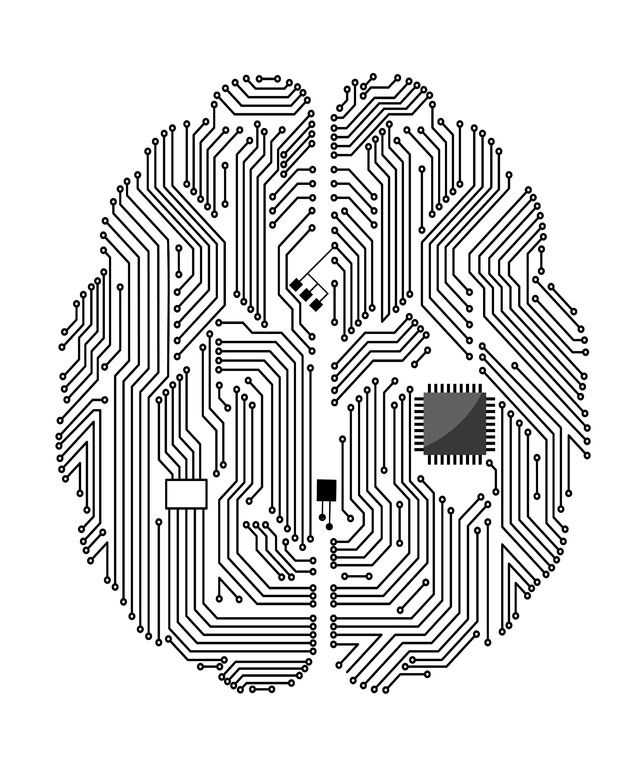
Concerns on Algorithmic MedicineLoss of skills and knowledge among physicians must be prevented Satoru Isaka, August 1, 2023 Economic value is without doubt the main driver of future change in healthcare. In a matter of weeks and months, machines are expected to play bigger roles in healthcare systems. This will end up promoting what I call “algorithmic medicine” in clinics and hospitals. While the majority of stakeholders may be concerned with obvious consequences such as liability, quality of service, and job security, I’d like to point out a potential consequence that is not so obvious but critical for our healthcare: loss of skills and knowledge among physicians. I make bulleted notes below to explain what I mean by algorithmic medicine and the reason why I’m concerned about this issue. 1. Expected progression of machine involvement toward algorithmic medicine
(current) → (current and immediate future) → (current and not-so-distant future) I define algorithmic medicine as a type of medical practice that relies on outputs from machines in clinical settings. Our healthcare system is moving quickly toward algorithmic medicine, from machine-generated data to machine-generated diagnosis to machine-generated treatment plan. Examples of machine-generated data: imaging (X-rays, CT, MRI), signals (temperature, pulse rate, blood pressure, oxygen, EEG, EKG, ECG), chemistry (blood test, urinalysis). They are generated by machines (sensors and computing components) with partial handling by human operators. Expected outputs form machine-generated diagnosis: ICD codes (International Classification of Diseases). They are generated by machines that algorithmically process data and clinical logic. Expected outputs from machine-generated treatment: CPT codes (Current Procedural Terminology), HCPCS codes (Healthcare Common Procedure Coding System for MediCare, MediCaid, insurance). They are generated by machines that algorithmically process data and business logic (financial and legal information). 2. Possible changes in the decision-making process by physicians (pay special attention to how machines impact and weigh in physicians’ mental process to perform their tasks) A. No change - physicians use machine-generated data as a supplemental tool as part of their decision-making process. This is currently how it works. B. Machine diagnosis as additional tool - physicians use machine-generated data AND machine-generated diagnosis as a supplemental tool as part of their decision-making process. C. Automated data generation tool - machine-generated data is requested automatically by a system that determines what is needed for diagnosis. Physicians use the data AND machine-generated diagnosis as a supplemental tool as part of their decision-making process. D. Fully automated diagnosis system - physicians use machine-generated diagnosis as a “reasoning” or “justification” tool to produce treatment plans. E. Fully automated treatment planner - physicians use machine-generated treatment plan as a “reasoning” or “justification” tool to explain treatment plans to patients. F. Complete automation - machines generate data, diagnosis, and treatment plans without physicians’ involvement. The economic benefits of B and C (machine-assisted diagnosis and automated data generation) are obvious and immediate. However, the initial benefits brought by the machine's efficiency and consistency may quickly turn into a condition where busy, overworked physicians become over-reliant on machines. This will eventually cause D and E (fully automated diagnosis and treatment) to become a de facto process in clinical settings, whether they admit or not. An unfortunate consequence will be gradual loss of skills and knowledge in physicians that otherwise should be gained and retained by clinical experience. It'll be a hard problem with irreversible consequences. We must anticipate and address this issue before it becomes a reality.
Home | Privacy policy | Terms of Use |